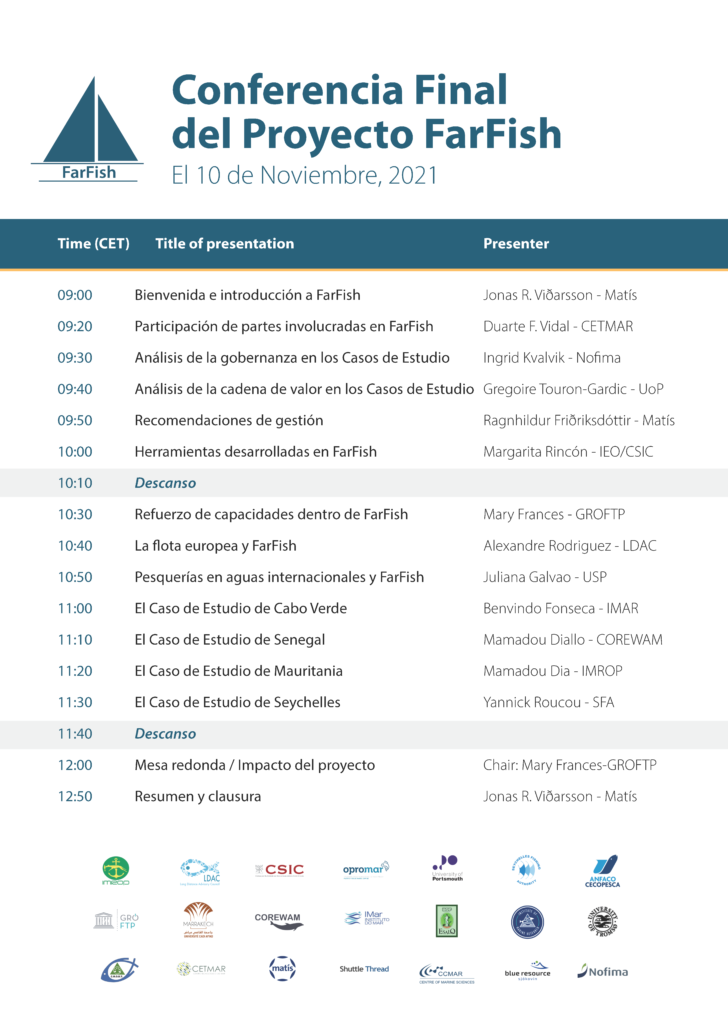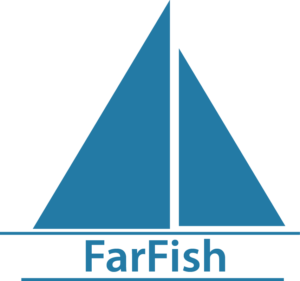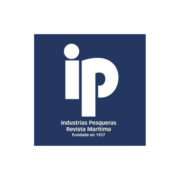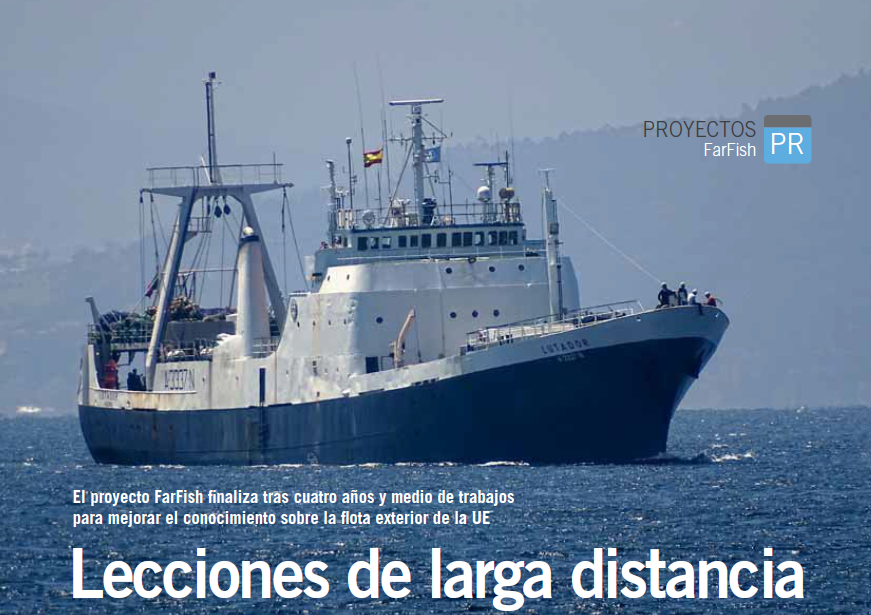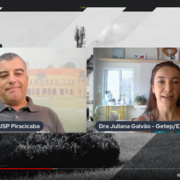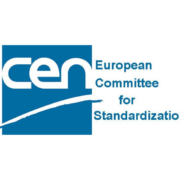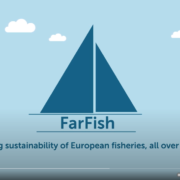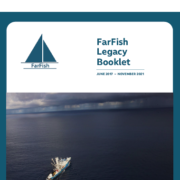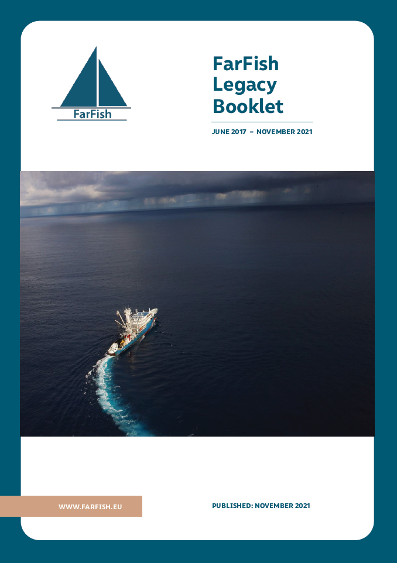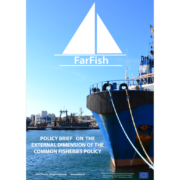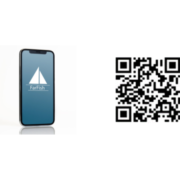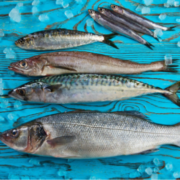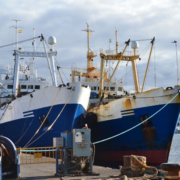FarFish represented in Brazil by University of São Paulo
/in News /by ÍseyUniversity of São Paulo (USP) is one of the 21 partners in the FarFish project and the case study leader for the southwest Atlantic high-seas case study.
The contribution of USP has been extreemly important for FarFish and has linked the project with the prorities of the Belém statement on Atlantic Research and Innovation Cooperation between the EU, South-Africa and Brazil. The importance of cross-Atlantic cooperation in ocean research has been higlighted in the FarFish project.
Juliana Antunes Galvão has lead the FarFish work at USP and she was in an interview at TV USP recently, where she explained the project and its relevance for Brazil. The interview is awalable here.
PT
FarFish é representado pelo Brasil pela Universidade de São Paulo
A Universidade de São Paulo (USP) é um dos 21 parceiros do projeto FARFISH, atuando especificamente como líder de estudo de caso em águas internacionais do Sudoeste do Atlântico.
A contribuição da USP tem sido extremamente importante para o FARFISH, vinculando o projeto com as prioridades da Declaração de Belém, tratado de cooperação científica voltado ao Oceano Atlântico com foco em pesquisa e inovação assinados pela União Européia, África do Sul e Brasil. A importância da cooperação em pesquisas envolvendo o Atlântico foi destaque no projeto FARFISH.
Juliana Antunes Galvão liderou o trabalho do FARFISH na USP e recentemente foi entrevistada pela TV USP, onde explicou o projeto e sua relevância para o Brazil. A entrevista está disponível aqui.
Consensus meeting for the CEN workshop agreement on “Good practice guidelines for developing management recommendations for the EU fleet operating outside European waters”
/in News /by ÍseyOne of many FarFish project outputs is the development a European voluntary CEN (European committee for standardization) standard that will be published as a CEN Workshop Agreement (CWA) after going through an open CEN process. The focus of this standard is to provide guidelines for the development of so-called Management Recommendations for the EU fleet operating outside EU waters, which have been in development in the FarFish project over the past four years.
Creating Management Recommendations means following a framework where the fishing operators themselves are given new management responsibilities. They become directly involved in the management and decision-making process of the fishery in question, as they are given the responsibility to develop strategies to reach specific fisheries management objectives set by the relevant authorities. Such strategies are to contain a set of fisheries management measures that together will reach the authorities’ pre-defined objectives and will only be implemented given the authorities’ approval. A draft of the guidelines for making Management Recommendations has already been developed and tested within the FarFish project and serves as basis for the standard.
The CEN process for developing the CWA standard has taken 1 ½ years. During this time, FarFish researchers, in cooperation with the stakeholders that are voluntarily participating in the process, have developed a final version of the guidelines through numerous physical and online meetings. Draft versions of the standard have been made publicly available for feedback during the course of its development, including two official commenting phases that have been announced on the CEN and FarFish websites. The final draft of the standard is now available and will be discussed at a consensus meeting on November 25th. The draft is available below. The aim of the consensus meeting is to finalise the CWA so that all members can agree on the final text. The consensus meeting is solely intended for those that have officially registered for the process.
FarFish final animated video is online now
/in News /by ÍseyEN
FarFish has published an animated video that reviews the progress and main outcomes of the project.
The video is also available with Spanish subtitles here: FarFish final animated video – Spanish
and French subtitles here: FarFish final animated video – French
SP
FarFish ha publicado un video animado que resume el progreso y los principales resultados del proyecto.
El video está disponible con subtítulos en francés y español.
FR
FarFish a publié une vidéo animée qui révise les progrès et les principaux résultats du projet.
La vidéo est disponible avec des sous-titres en français et en espagnol.
The FarFish legacy booklet
/in News /by dagsson@gmail.comThe FarFish project has now come to an end, after four and a half years of intensive research and innovation involving close to 200 scientists and stakeholders from across the world. Multidisciplinary team of experts from research, academia, governance & policy, fishing industry and NGO sectors have collaborated to contribute to more sustainable and profitable fisheries in long-distance waters. The project consortium has now published a “legacy booklet” to give an overview of the work done within the project and to present the main results. The legacy booklet is available here.
The FarFish final conference will be held online on November 10th. Agenda and registration is available on here.
FarFish policy brief on the external dimension of the common fisheries policy
/in News /by ÍseyThe FarFish project has published a policy brief on the external dimension of the common fisheries policy. The policy brief provides a review and context on the external dimension of the CFP, discusses Sustainable Fisheries Partnership Agreements (SFPAs), scientific knowledge and sectoral support, regional approaches. The policy brief does as well identify where the EU can take leadership, and provides both general and specific recommendations.
The policy brief is available here.
The policy brief draws up on various tasks within the FarFish project, but does in particular reflect on topics discussed at the FarFish conference on the external dimension of the CFP held in June 2021 and the High Seas international conference held in March 2021.
ES
Resumen de recomendaciones políticas de FarFish sobre la dimensión exterior de la Política Pesquera Común
El proyecto FarFish ha publicado un informe de política sobre la dimensión exterior de la Política Pesquera Común. El resumen de políticas proporciona una revisión y contexto de la dimensión externa de la PPC, analiza los Acuerdos de Asociación de Pesca Sostenible (AAPS), el conocimiento científico y el apoyo sectorial, así como los enfoques regionales. El informe también identifica dónde puede asumir el liderazgo la UE y ofrece recomendaciones tanto generales como específicas.
El resumen de políticas está disponible aquí.
El resumen de políticas se basa en varias tareas dentro del proyecto FarFish, pero en particular reflexiona sobre los temas discutidos en la conferencia FarFish sobre la dimensión externa de la PPC celebrada en junio de 2021.
FR
Notes d’orientation de FarFish sur la dimension extérieure de la Politique Commune de la Pêche
Le projet FarFish a publié une note d’orientation sur la dimension extérieure de la Politique Commune de la Pêche. La note d’orientation fournit un examen et un contexte sur la dimension externe de la PCP, traite des accords de partenariat pour une pêche durable (APPD), des connaissances scientifiques et du soutien sectoriel, et des approches régionales. La note d’orientation identifie également les domaines dans lesquels l’UE peut jouer un rôle moteur et fournit des recommandations à la fois générales et spécifiques.
La note d’orientation est disponible ici.
La note d’orientation reprend diverses tâches au sein du projet FarFish, mais réfléchit en particulier aux sujets abordés lors de la conférence FarFish sur la dimension externe de la PCP tenue en juin 2021.
The FarFish app
/in News /by ÍseyThe FarFish project has published a shiny app where project outcomes are presented in a visual and easily understandable way.
The app gives insight into the work done within the project by reviewing the six case studies, providing background for state-of-art and the scientific advice available. It also identifies the stakeholder interaction done within FarFish, as well as the governance and value chain analysis, among other things. The app provides links to reports/deliverables and other results produced by FarFish, for each case study. The app is though still missing links to final reports and results, which will be added once accepted by Horizon 2020. The app is available here and can also be accessed by scanning the QR code.
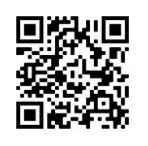
ES
La aplicación FarFish
El proyecto FarFish ha publicado una aplicación Shiny donde los resultados del proyecto se presentan de una manera visual y fácilmente comprensible. La aplicación da una idea del trabajo realizado dentro del proyecto mediante la revisión de los seis estudios de caso, proporcionando antecedentes para el estado del arte y el asesoramiento científico disponible. También identifica la interacción de las partes interesadas realizada dentro de FarFish, así como el análisis de la gobernanza y la cadena de valor, entre otras cosas. La aplicación proporciona enlaces a informes / entregables y otros resultados producidos por FarFish, para cada estudio de caso. Sin embargo, a la aplicación le faltan enlaces a los informes finales y los resultados, que se agregarán una vez que Horizon 2020 los acepte. La aplicación está disponible aquí y también se puede acceder escaneando el código QR.

FR
L’application FarFish
Le projet FarFish a publié une application Shiny où les résultats du projet sont présentés de manière visuelle et facilement compréhensible. L’application donne un aperçu du travail effectué dans le cadre du projet en examinant les six études de cas, en fournissant des informations sur l’état de l’art et les conseils scientifiques disponibles. Il identifie également l’interaction des parties prenantes au sein de FarFish, ainsi que l’analyse de la gouvernance et de la chaîne de valeur, entre autres. L’application fournit des liens vers des rapports/livrables et d’autres résultats produits par FarFish, pour chaque étude de cas. L’application manque cependant encore de liens vers les rapports finaux et les résultats, qui seront ajoutés une fois acceptés par Horizon 2020. L’application est disponible ici et peut également être consultée en scannant le code QR.

FarFish workshop on small pelagics and climate change in west of Africa
/in News /by ÍseyThe FarFish project hosted a workshop on June 29th 2021 where experts from 13 research organizations discussed issues related to small pelagics and environmental forcing in the west of Africa (within the CECAF – Fishery Committee for the Eastern Central Atlantic region). A summary report from the workshop has now been published and all of the presentations have been made available on the event page here: SMALL PELAGICS AND CLIMATE CHANGE IN THE CECAF AREA.
Improving the knowledge of the impact that environmental factors have on the commercial fish stocks of major importance in the West of Africa has become crucial. Researchers, managing authorities and the Joint Scientific Committees (JSCs) of the European Union’s Sustainable Fisheries Partnerships Agreements (SPFAs), agree on the necessity to advance the current state of the art.
At the workshop, experts presented scientific knowledge concerning the need for ecosystem-based management approaches in the CECAF area, recent results of regional climate change and ecosystem studies, along with first conclusions from regional case studies that applied fisheries, climate and/or ecosystem models. Building on these findings and workshop discussions, participants suggested a research agenda and reached some preliminary conclusions, which are available here.
ES
Taller de FarFish sobre pequeños pelágicos y cambio climático en África Occidental
El proyecto FarFish organizó un taller el pasado 29 de junio de 2021, donde expertos de 13 organizaciones de investigación discutieron temas relacionados con los pequeños pelágicos y los cambios ambientales que pueden afectarles en África Occidental (dentro de CECAF – Comité de pesquerías del Atlántico Centro Oriental). Se ha publicado un informe resumido del taller, y todas las presentaciones están disponibles en el sitio web de FarFish.
Mejorar el conocimiento del impacto que los factores ambientales tienen en las poblaciones de especies pesqueras de mayor importancia comercial en África Occidental se ha vuelto crucial. Los investigadores, las autoridades de gestión y los Comités Científicos Mixtos (CSC) de los Acuerdos de Asociación de Pesca Sostenible (AAPS) de la Unión Europea coinciden en la necesidad de seguir en la vanguardia del conocimiento.
En el taller, los expertos presentaron conocimientos científicos sobre la necesidad de enfoques de gestión basados en ecosistemas en el área de CECAF, así como resultados recientes de estudios regionales de cambio climático y ecosistemas, junto con las primeras conclusiones de estudios de casos regionales que aplicaron modelos de pesca, clima y / o ecosistemas. Sobre la base de estos hallazgos y las discusiones del taller, los participantes sugirieron una agenda de investigación y llegaron a algunas conclusiones preliminares, que están disponibles aquí.
FR
Atelier FarFish sur les petits pélagiques et le changement climatique en Afrique de l’Ouest
Le projet FarFish a organisé un atelier le 29 juin 2021 où des experts de 13 organismes de recherche ont discuté des questions liées aux petits pélagiques et au forçage environnemental dans l’ouest de l’Afrique (au sein du COPACE – Comité des pêches pour l’Atlantique Centre-Est). Un rapport de synthèse de l’atelier a été publié et toutes les présentations sont disponibles sur le site Web de FarFish.
Améliorer la connaissance de l’impact des facteurs environnementaux sur les stocks halieutiques commerciaux d’importance majeure en Afrique de l’Ouest est devenu crucial. Les chercheurs, les autorités de gestion et les comités scientifiques conjoints (JSC) des accords de partenariat pour une pêche durable (APPD) de l’Union européenne s’accordent sur la nécessité de faire progresser l’état de l’art actuel.
Lors de l’atelier, les experts ont présenté leurs connaissances scientifiques concernant la nécessité d’approches de gestion écosystémiques dans la zone du COPACE, les résultats récents des études régionales sur le changement climatique et les écosystèmes, ainsi que les premières conclusions d’études de cas régionales qui ont appliqué des modèles de pêche, de climat et/ou d’écosystème. . Sur la base de ces résultats et des discussions de l’atelier, les participants ont suggéré un programme de recherche et sont parvenus à quelques conclusions préliminaires, qui sont disponibles ici.
FarFish runs a course on the use of the FarFish Data Limited Methods tool developed in the project
/in Courses, News /by ÍseyOne of many outputs from the FarFish project is the FarFish DLM tool, which is a software tool that enables users to estimate stock size of fish species and level of sustainable exploitation with limited data availability.
The FarFish DLM tool and user guide is available on the FarFish website here: Software Tools
The FarFish project facilitated a Data Limited Methods Course to demonstrate and build capacities in using the tool. The course took place on Sept 29th – Oct 1st 2021. The aim of the course was to explore some methods used for stock assessment when data available is very limited. The theory behind and their implementation was explained, as well as their advantages and limitations. An emphasis on data input and results expected regarding establishing some reference points for sustainable exploitation was also provided.
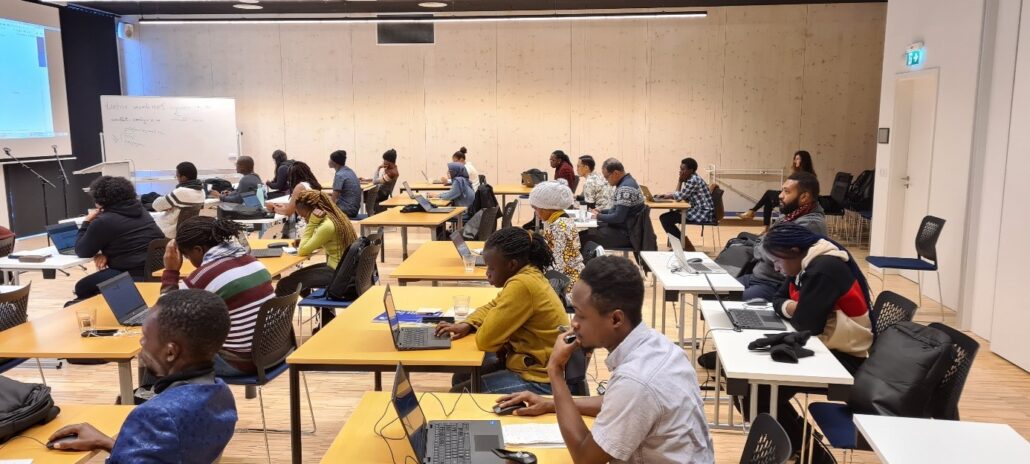
The course was run as part of the UNESCO-GRO-Fisheries Training Programme and was attended by approximately 30 participants that attended in person, and around 10 persons that connected remotely. The students/attendees were enabled to use own data relevant for their national fisheries and were tutored by the FarFish DLM tool’s main creator Margarita Rincón from the Spanish Institute of Oceanography (IEO) and the Spanish National Research Council (CSIC). The skills learned from this course will be directly applicable for exploratory stock assessments for fisheries of the countries of the participants.
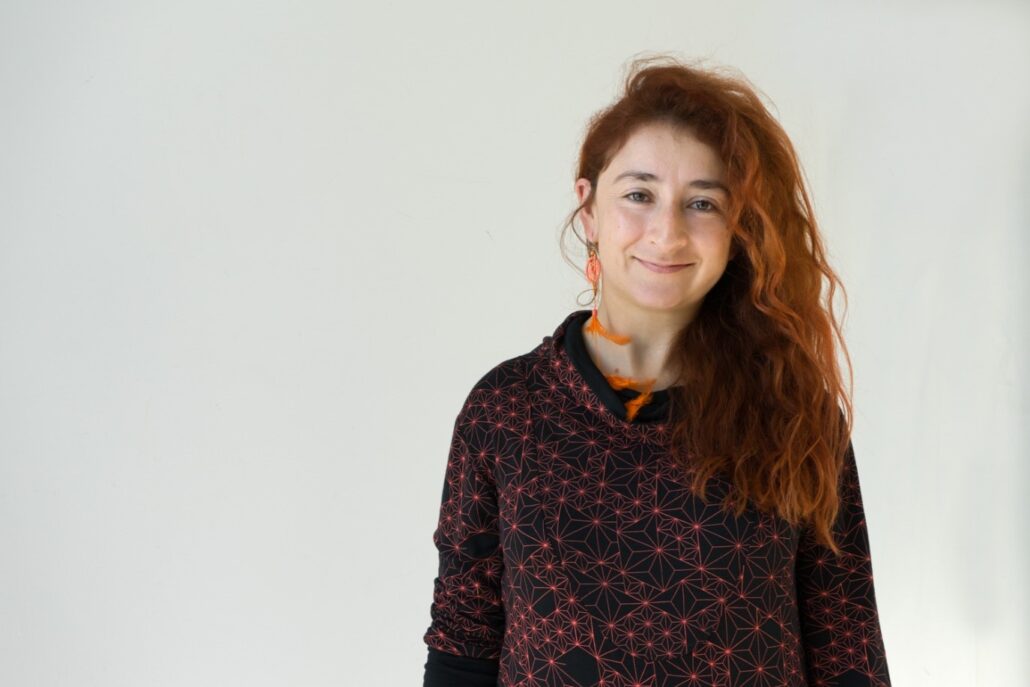
The FarFish final conference approaching
/in News /by ÍseyThe FarFish final conference will be held online on November 10th, starting at 9:00 Central European Time and lasting for 4 hours. The conference consists of 13 short presentations on the progress made in the project over the past 4 ½ years and panel discussions on the significance and impact of the FarFish results. The conference will be translated to English, French and Spanish.
Registration is available here
FarFish final conference – Agenda
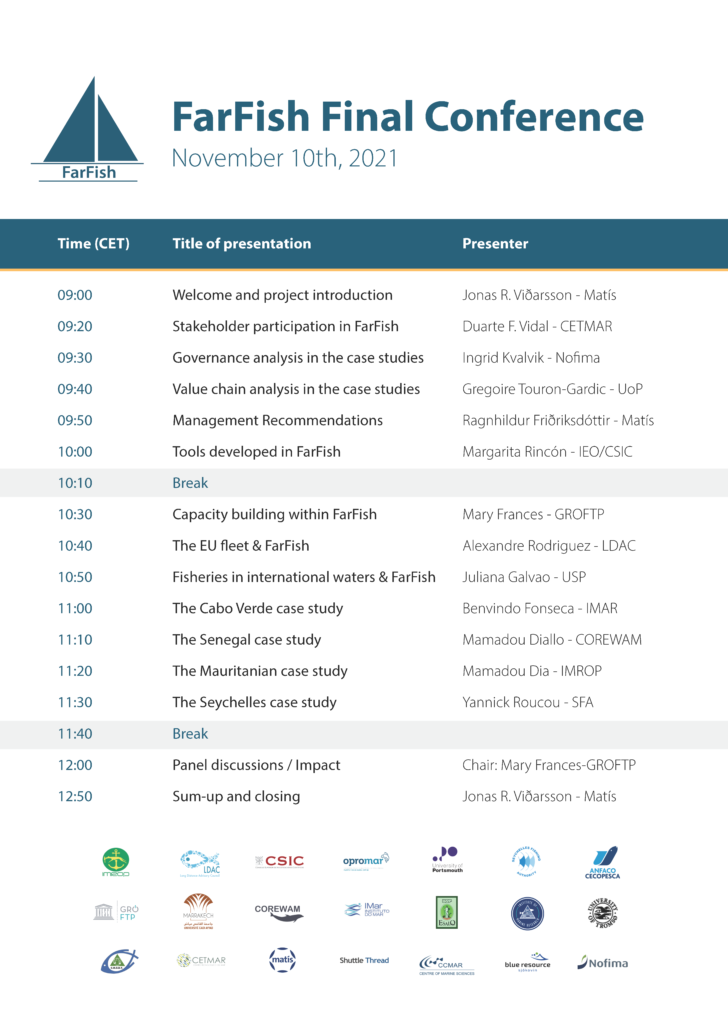
FR
La conférence finale de FarFish approche
La conférence finale de FarFish se tiendra en ligne le 10 novembre, à partir de 9h00, heure d’Europe centrale, et durera 4 heures. La conférence consiste en 13 brèves présentations sur les progrès réalisés dans le projet au cours des 4 ½ dernières années et des discussions de groupe sur l’importance et l’impact des résultats de FarFish. La conférence sera traduite en anglais, français et espagnol.
Les inscriptions sont disponibles ici
Conférence finale de FarFish – Agenda
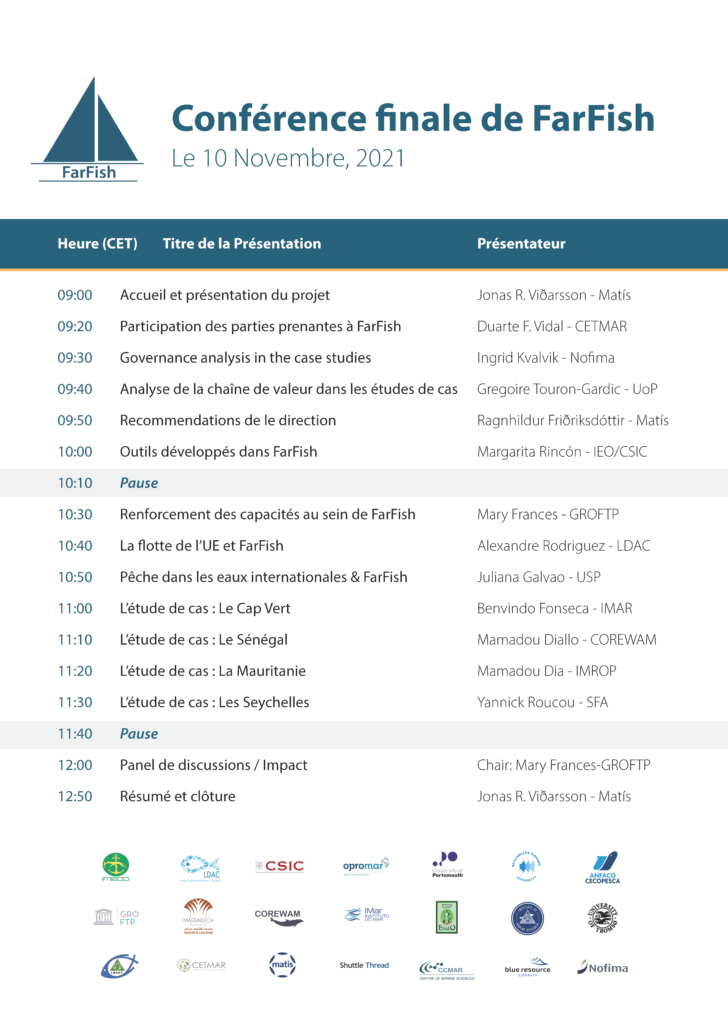
ES
Se acerca la conferencia final de FarFish
La conferencia final de FarFish se llevará a cabo en línea el 10 de noviembre, a partir de las 9:00, hora de Europa Central, y tendrá una duración de 4 horas. La conferencia consta de 13 presentaciones breves sobre el progreso realizado en el proyecto durante los últimos 4 años y medio y paneles de discusión sobre la importancia y el impacto de los resultados de FarFish. La conferencia se traducirá al inglés, francés y español.
La agenda y la inscripción están disponibles aquí.
Conferencia Final del Proyecto FarFish – Agenda
